Psychological Sciences
Adult Learning Lab
Our laboratory is currently conducting two lines of research, both related to aspects of cognitive aging:
Our primary focus is currently on our NIH-funded clinical trial (taking place from 2018 to 2021) investigating the benefits of exercise for older
adult cognition, health, and well-being. This three-year grant is a collaboration with colleagues in Exercise Science and
Computer Science, in which we gather pre- and post-intervention data on multiple aspects of cognitive
and physical health in older adults participating in a 12-week program of our in-house
developed app calledBingocize®. We are currently collecting this data at senior centers throughout Kentucky and
Tennessee. The project targets traditionally underserved older adult populations
at independent living senior centers and communities. Our participants have higher
than national average rates of chronic diseases and average incomes well below median
levels. Targeting this population for clinical intervention research is important
because maintaining functional independence as long as possible is a primary goal
of most older adults. However, despite the fact that physical exercise is important
for both cognitive and physical health, most older adults do not engage in sufficient
exercise. The barriers to improving health are largely psychological (e.g., perceptions
that it will be unenjoyable, painful, boring, etc.). Our research study takes a multidimensional,
interdisciplinary approach to tackling these barriers.


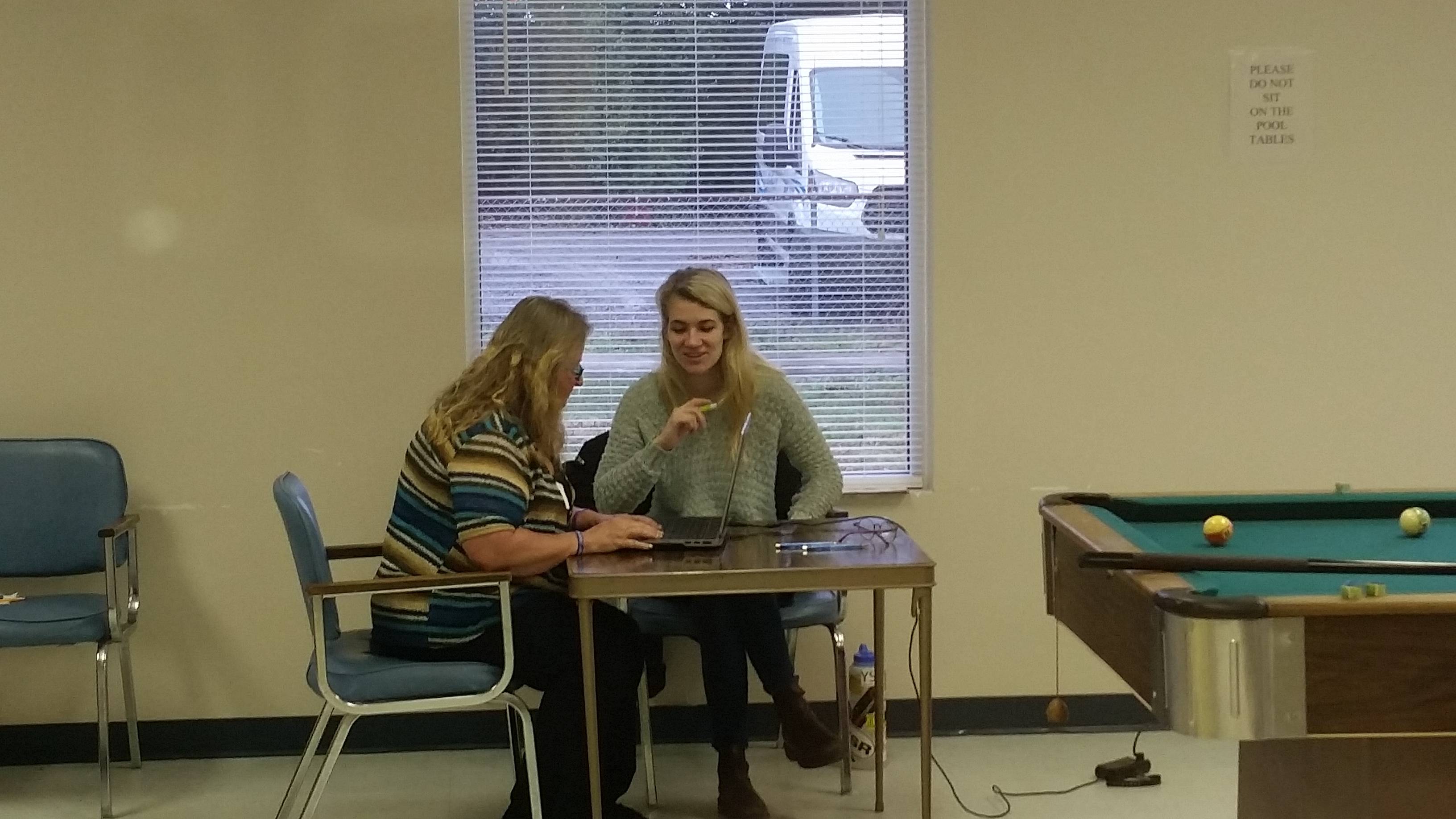
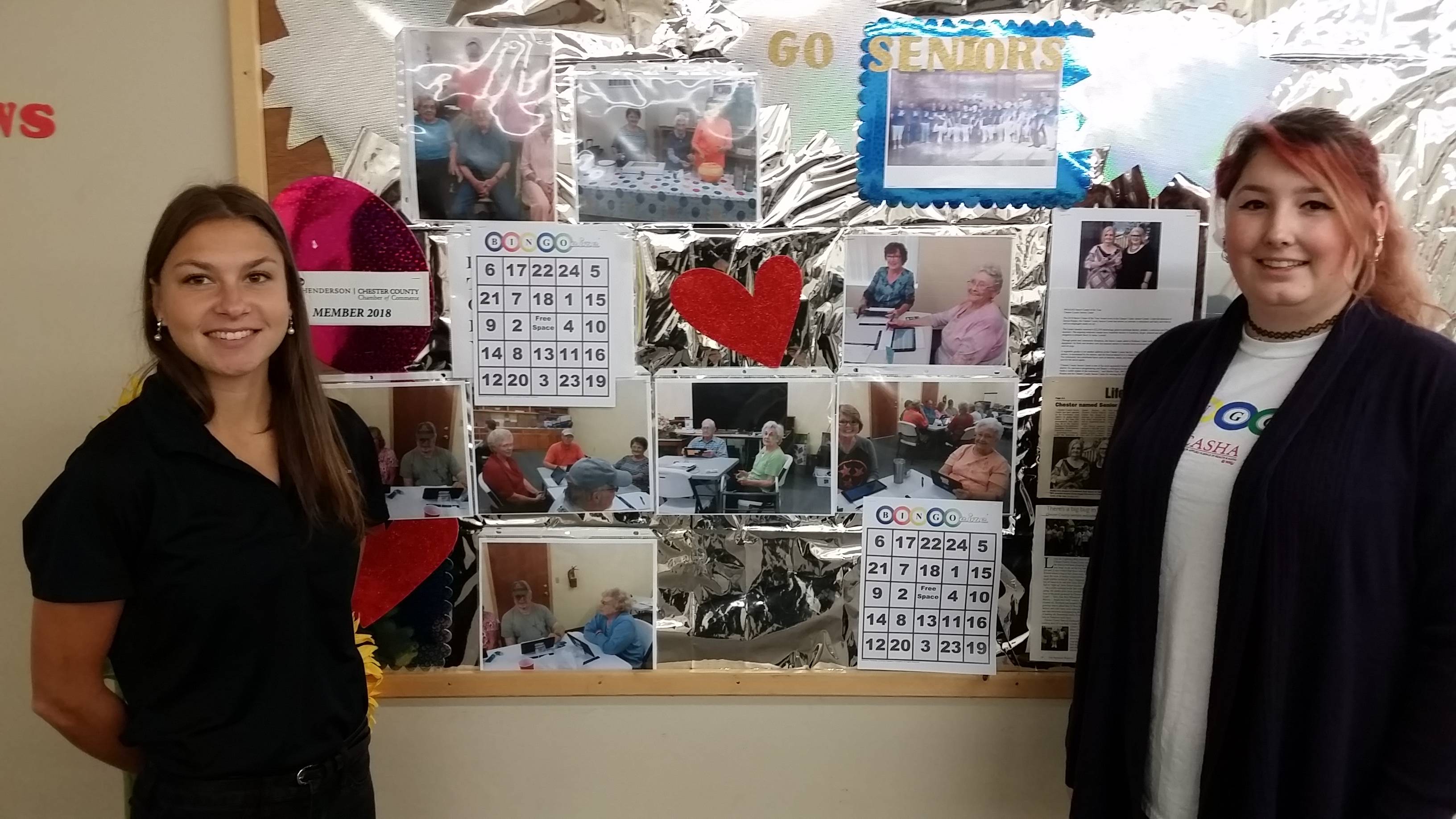
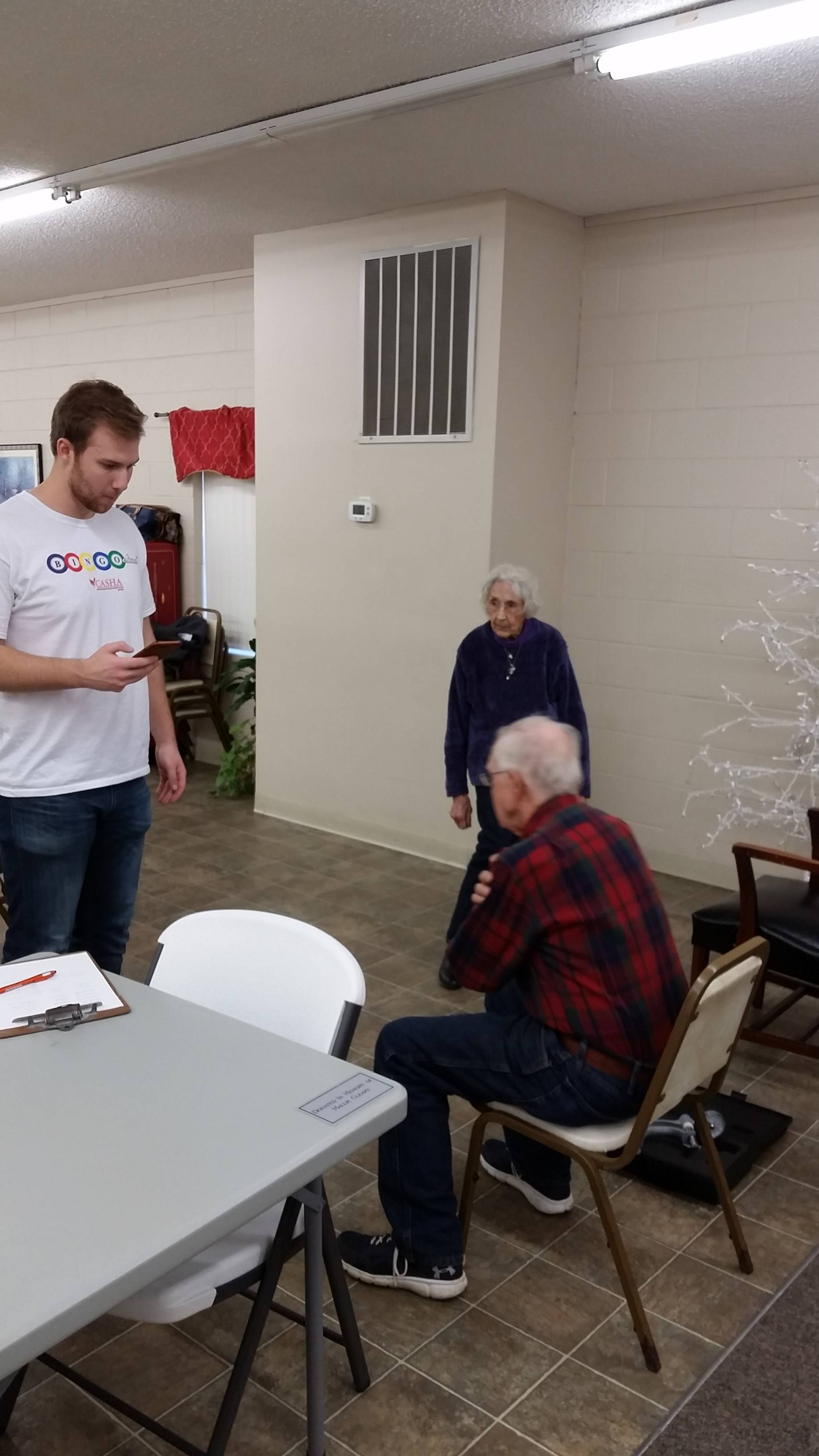

Our other line of research examines the effects of cognitive aging on language processing. More specifically, this research investigates the structure and function of developmental changes in the ability to attend to, comprehend, and remember text. As we grow older, we experience both gains in crystallized abilities (e.g., knowledge) and declines in fluid abilities (e.g., processing speed). Our laboratory investigates how these changes affect our cognitive and language abilities. This area of research is important because language ability remains a crucial skill throughout the entire lifespan, yet much remains to be discovered about aging and the influence of (a) external factors such as text structure, text difficulty, or reading environment, and (b) internal factors such as reader goals, reader knowledge, or reader beliefs. This is a large set of factors yielding many exciting avenues for discovery.
We are always looking for talented, highly motivated students! Students in this lab have opportunities to get hands-on research experiences, travel to senior centers, collect and analyze cognitive data, present their work at research conferences, and more. Ideal students are those who are hard working, reliable, curious, able to work independently, and have strong determination to find answers to questions. If this sounds like you, or you'd like more information on this lab, contact Dr. Matthew Shake.
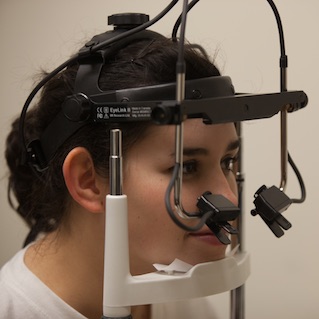
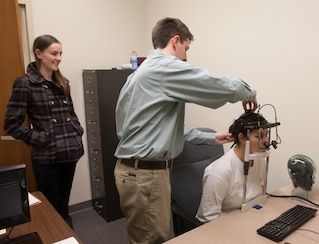
Some of the links on this page may require additional software to view.

